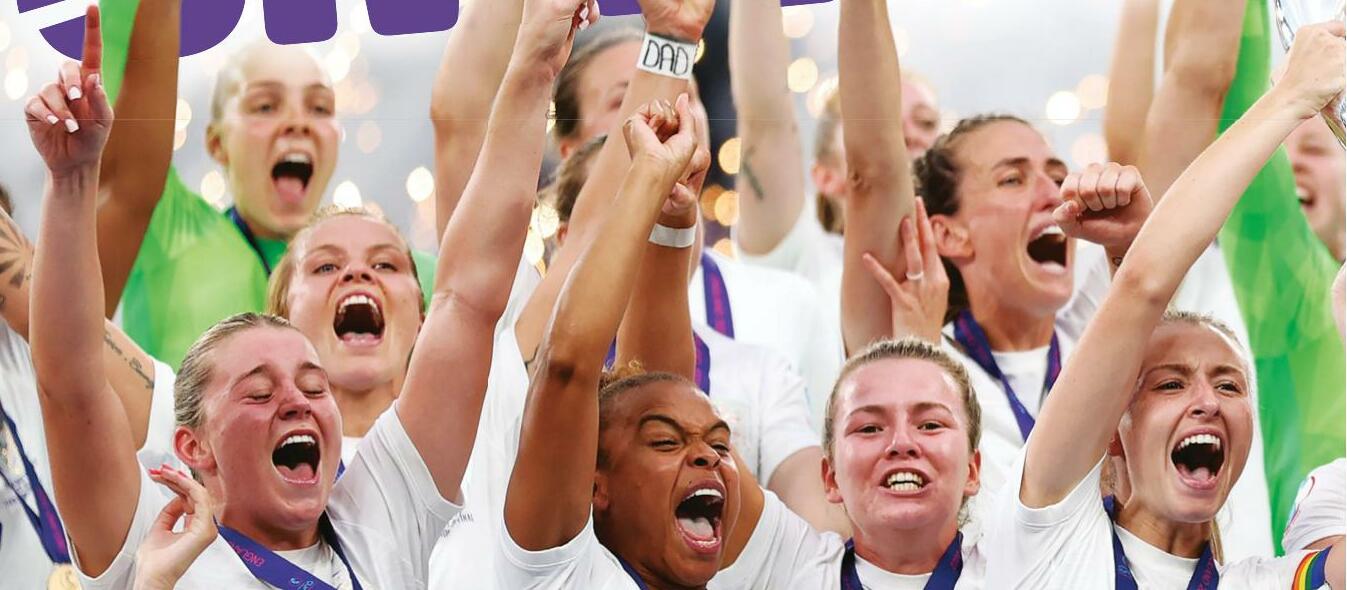
When we first meet someone, we quickly form ideas about them. It's a very natural, human thing to do. We make assumptions about people as soon as we see them. These assumptions are called stereotypes.
What are stereotypes?
Have you ever heard the phrase "Never judge a book by its cover"? Basically, this means that we shouldn't make assumptions about someone or something until we have investigated and understood them better. Equally, you might say, "Never judge a human by their colour." This is another way of referring to stereotyping.
Stereotypes are beliefs we might have about what a person or a group of people are like.
Stereotypes can sometimes be helpful to understand the world, as long as we remember that stereotypes are often untrue, and some stereotypes are deliberately harmful.
What is prejudice?
Have you ever had someone judge you? Perhaps it was based on where you're from, how you look or speak, the things you like doing or the clothes that you wear? If you have, then you'll know it's not very nice.
If we make assumptions about someone based on just their gender, beliefs, appearance, religion or race, it can not only be disrespectful, but also very hurtful. Even though we shouldn't judge a book by its cover, it does happen. Many of us have built-in prejudices that we may not even be fully aware of.
Ask yourself these questions:
•Who is best at cooking - boys or girls?
•Who cries more often - boys or girls?
•Who is better at football - boys or girls?
•Who is best at video games - boys or girls?
I bet you had some ideas about the answers here, didn't you? But in truth, there are no right answers.
Who is better at football? Well, some people would assume that the men's England football team would perform better in international competitions, but it was the women's team that won the European Championships in 2022, so who is better?
This story is from the Issue 80 edition of The Week Junior Science+Nature UK.
Start your 7-day Magzter GOLD free trial to access thousands of curated premium stories, and 9,000+ magazines and newspapers.
Already a subscriber ? Sign In
This story is from the Issue 80 edition of The Week Junior Science+Nature UK.
Start your 7-day Magzter GOLD free trial to access thousands of curated premium stories, and 9,000+ magazines and newspapers.
Already a subscriber? Sign In

Are cats smarter than dogs?
They're the UK's top pets, but which is more intelligent? You decide!

Could people turn Mars into another Earth?
Sven Bilén explores how humans might make a home on another world.

FUNNY BY NATURE
Claire Karwowski tracks down the wackiest wildlife that's cracking up the animal kingdom.

WEIRD SCIENCE
A round-up of the strangest science stories from around the world.

Guardians of the forest
Meet the incredible people protecting the Amazon rainforest.

The Mariana Trench
Dive in to find out how far down the ocean goes and what it's really like at the bottom.

Megan McCubbin
Meet the zoologist trying to change people's views of animals with a bad rep.

MAX POWER
From the second you wake up in the morning, your way of life is made possible thanks to the amazing power of electricity.

Your heart has a "brain"
New research by scientists at Sweden, and Columbia University, in the US, suggests that your heart could have its own \"mini brain\".

Ethiopian wolves could be furry pollinators
Sweet-toothed Ethiopian wolves have been seen lapping up nectar have been seen happing up nectar from red hot poker flowers.